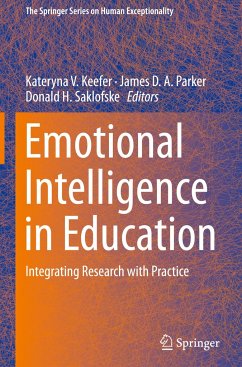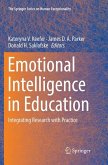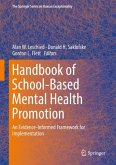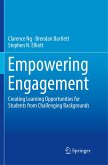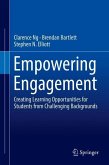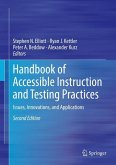This book highlights current knowledge, best practices, new opportunities, and difficult challenges associated with promoting emotional intelligence (EI) and social-emotional learning (SEL) in educational settings. The volume provides analyses of contemporary EI theories and measurement tools, common principles and barriers in effective EI and SEL programming, typical and atypical developmental considerations, and higher-level institutional and policy implications. It also addresses common critiques of the relevance of EI and discusses the need for greater awareness of sociocultural contexts in assessing and nurturing EI skills. Chapters provide examples of effective EI and SEL programs in pre-school, secondary school, and university contexts, and explore innovative applications of EI such as bullying prevention and athletic training. In addition, chapters explore the implications of EI in postsecondary, professional, and occupational settings, with topics ranging from collegesuccess and youth career readiness to EI training for future educators and organizational leaders.
Topics featured in this book include:
Ability and trait EI and their role in coping with stress, academic attainment, sports performance, and career readiness.
Implications of preschoolers' emotional competence for future success in the classroom.
Understanding EI in individuals with exceptionalities.
Applications of school-based EI and SEL programs in North America and Europe.
Policy recommendations for social-emotional development in schools, colleges and universities.
Developing emotional, social, and cognitive competencies in managers during an MBA program.
Emotional intelligence training for teachers.
Cross-cultural perspective on EI and emotions.
Emotional Intelligence in Education is a must-have resource for researchers, professionals, and policymakers as well as graduate students across such disciplines as child andschool psychology, social work, and education policy.
Chapter 2 of this book is available open access under a Creative Commons Attribution 4.0 International License at link.springer.com
Topics featured in this book include:
Ability and trait EI and their role in coping with stress, academic attainment, sports performance, and career readiness.
Implications of preschoolers' emotional competence for future success in the classroom.
Understanding EI in individuals with exceptionalities.
Applications of school-based EI and SEL programs in North America and Europe.
Policy recommendations for social-emotional development in schools, colleges and universities.
Developing emotional, social, and cognitive competencies in managers during an MBA program.
Emotional intelligence training for teachers.
Cross-cultural perspective on EI and emotions.
Emotional Intelligence in Education is a must-have resource for researchers, professionals, and policymakers as well as graduate students across such disciplines as child andschool psychology, social work, and education policy.
Chapter 2 of this book is available open access under a Creative Commons Attribution 4.0 International License at link.springer.com

